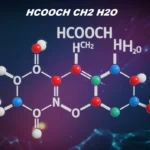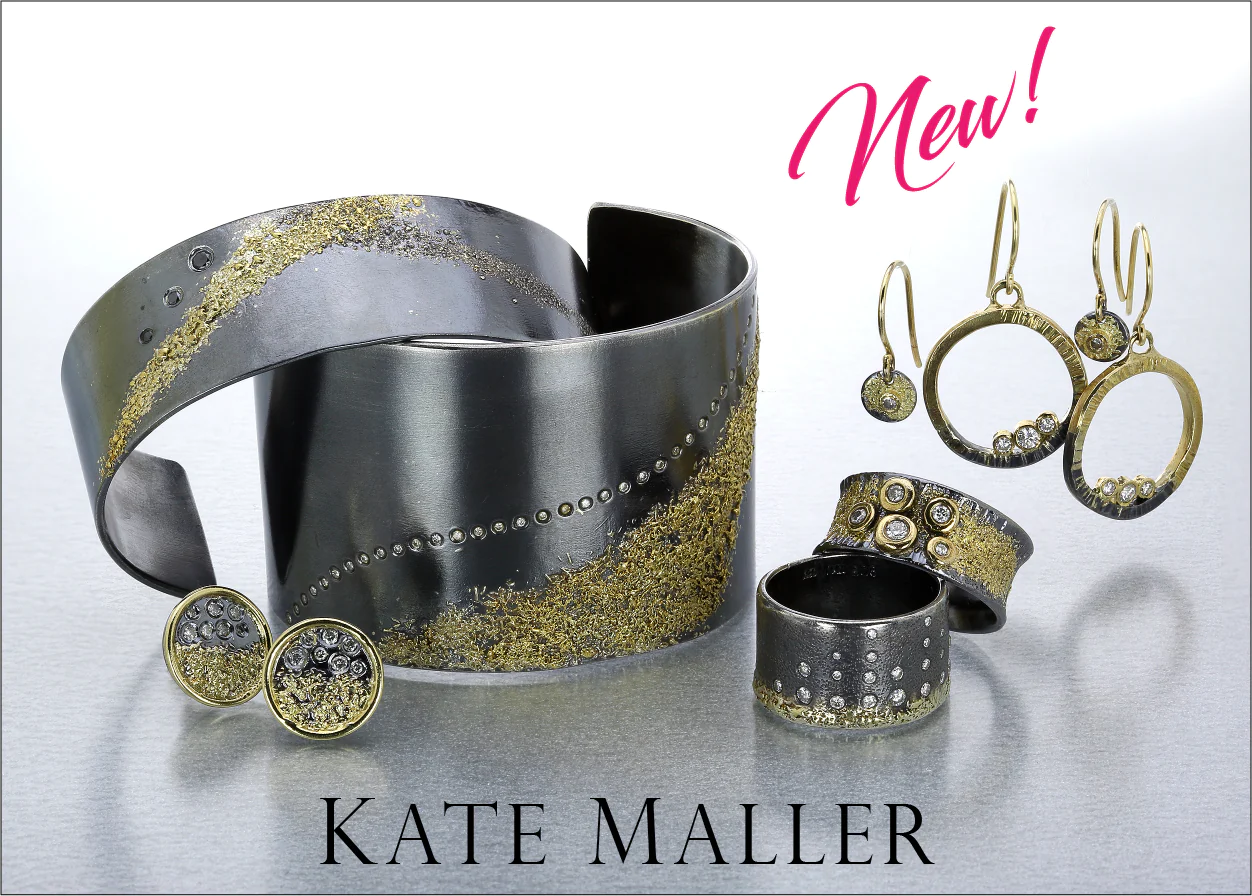Ethical fine jewelry makers prioritize ethical and sustainable materials sourcing, fair labor practices, and a commitment to environmental responsibility. They also support reforestation efforts.
They use recycled silver, gold, and lab-grown diamonds to reduce their environmental impact. They also prioritize transparency in their supply chains and contribute to the well-being of communities involved in production.
Recycled Metals
The materials used to make jewelry are sourced from all over the world. It’s easy for unethical practices in the supply chain to go unnoticed. That’s why looking for ethically sourced and environmentally conscious production processes is essential.
Ethical fine jewelry makers use recycled precious metals, like gold and silver, to reduce demand for new precious metals and reduce mining and refining waste. Some brands also use fair trade gold and invest in communities impacted by mining to improve health care and education.
Sustainable materials becoming more popular in the pleasing jewelry space include sea glass made from discarded glass tumbled in the ocean over the years and lab-created diamonds and gems.
Fairmined Gold
Buying sustainable jewelry made with Fairmined gold can help ensure that miners receive fair wages and that mining is responsible and sustainable. In contrast, consuming cheap fast fashion pieces made with conflict-free or recycled gold may contribute to exploitation and unsustainable mining practices.
Ethical brands like Kate Maller Jewelry prioritize sustainability concerns when choosing materials for their designs. They use Fairmined gold, recycled metals, lab-grown diamonds, and ethically sourced gemstones to ensure workers in their supply chains are paid livable wages. They also use eco-friendly production techniques and use alternative materials like sea glass. They even ship their orders in eco-friendly plastic-free packaging and plant a tree for every order.
Lab-Grown Diamonds
Many people are now sourcing jewelry from brands prioritizing responsible sourcing, eco-friendly production processes, and social responsibility. These brands use ethically-sourced materials such as Fairmined gold, recycled metals, and lab-grown diamonds.
Lab-grown diamonds are made from carbon in a laboratory and offer an ethical alternative to mined diamonds. They also cost up to 50% less and are more durable. They are virtually impossible to distinguish from natural diamonds by the naked eye.
Brands use lab-grown diamonds in their collections, providing a guilt-free luxury experience. They also reduce their environmental impact by sourcing other eco-friendly materials, such as sea glass, created by the tumbling discarded glass in the ocean for years to create its smooth and frosted appearance.
Recycled Glass
Every year, more than 10 million metric tons of glass bottles and jars are in US landfills, even though the majority can be recycled. Recycled glass is crushed and mixed with sand and other raw materials to create new glass. This process reduces air and water pollution by around 20% and 40%, respectively.
Ethical brands prioritize transparency and traceability in their supply chains, so you can know where your jewelry came from and who crafted it. They also support the people involved in the production by paying a fair wage and investing in education and healthcare. These are the brands to buy from for guilt-free luxury.
Wood
The affordable, sustainable fine jewelry movement is rewriting the rules of luxury. Thanks to e-commerce and direct-to-consumer sales models, you can wear dainty pieces with jeans or a fancy dinner outfit, all while knowing you’re supporting local artisans and preserving the planet.
With transparency posing a significant roadblock in the industry, look for a brand that can trace its materials at different points along the supply chain. This allows you to buy confidently and even swap your old gold for credit toward a new piece.
Sea Glass
The mining of precious metals and gemstones can have a substantial environmental impact. This includes air and water pollution, deforestation, soil degradation, and conflict diamonds (the sparkly stones that helped fund genocidal militias).
A great alternative is sea glass jewelry, which can be crafted from recycled glass that was formerly used as windows or bottles. The best brands use environmentally conscious production processes and prioritize worker rights.
One of the most ethical companies is Washed Ashore, which uses fair-trade gold and sustainably sourced materials from artisans in Kenya. The brand’s online platform allows makers to access consumers, orders, and payments to grow their businesses and increase income.











